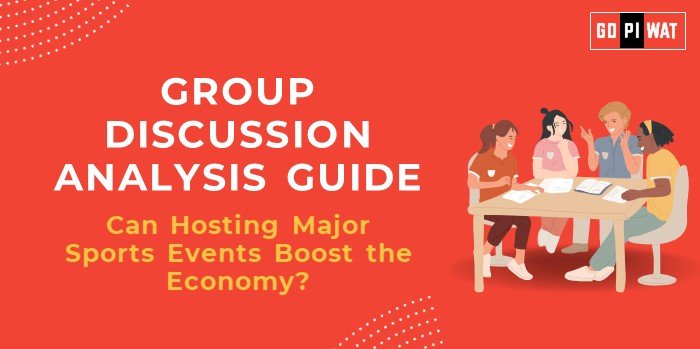📋 Can Hosting Major Sports Events Boost the Economy?
🌐 Introduction to “Can hosting major sports events boost the economy?”
Hosting major sports events like the Olympics, FIFA World Cup, and Commonwealth Games has often sparked debates about its economic impact on host countries. These events draw international attention, massive tourism, and significant investment, making them critical discussion points in business and economics.
📊 Topic Background
The economic effects of hosting sports events vary widely. While some nations report growth through tourism, infrastructure development, and global exposure, others face budget overruns and limited long-term gains. Key examples include the successful 1992 Barcelona Olympics and the financially challenging 2014 Brazil World Cup.
📈 Quick Facts and Key Statistics
• FIFA World Cup Viewership (2018): 3.5 billion people – Demonstrating the scale and international attention such events garner.
• Job Creation in UK during London Olympics (2012): 75,000 jobs – Underlining the employment surge often associated with hosting events.
• Economic Impact of Brazil’s World Cup (2014): Estimated $13.5 billion – Showcasing the mixed outcomes for emerging economies hosting mega-events.
🏢 Stakeholders and Their Roles
- 🛡️ Government: Invests in infrastructure and security, seeking long-term economic growth and national prestige.
- 💼 Private Sector: Engages in sponsorships, media rights, and hospitality to leverage event exposure.
- 👥 Citizens: Benefit from job opportunities but may face tax burdens and disruptions.
- 🌐 International Organizations (e.g., IOC, FIFA): Set standards, negotiate rights, and ensure global attention on the event.
🏆 Achievements and Challenges
✨ Achievements:
- 📈 Economic Growth: Increased GDP and tourism, as seen in London 2012.
- 💼 Job Creation: Short-term employment opportunities in event management, hospitality, and construction.
- 🚆 Infrastructure Development: Improved transportation and sporting facilities, as demonstrated in South Africa (2010 World Cup).
⚠️ Challenges:
- 💸 High Costs and Debt: Host nations often incur debts, e.g., Brazil’s debt post-2014 World Cup.
- 🏟️ Infrastructure Misallocation: Venues may lack post-event utility, termed “white elephants.”
🌍 Global Comparisons
Examples like Barcelona (1992 Olympics) and Japan (2021 Olympics) demonstrate contrasting outcomes based on economic planning and execution.
📄 Case Studies:
- ✅ London (2012 Olympics): Successful economic integration, leading to long-term urban development in East London.
- ❌ Rio (2016 Olympics): Economic strain due to underutilized infrastructure and mounting debts.
📚 Structured Arguments for Discussion
Supporting Stance: “Hosting mega sports events can catalyze economic growth by attracting tourism, creating jobs, and enhancing global visibility.”
Opposing Stance: “Many hosts face financial burdens and underutilized infrastructure after the event, outweighing the temporary economic gains.”
Balanced Perspective: “While economic benefits are evident, hosting success largely depends on pre-event planning and long-term utilization of infrastructure.”
💡 Effective Discussion Approaches
- 📊 Opening Approaches: “Hosting major events like the Olympics can add billions to a country’s GDP, but at what long-term cost?”
- 🔍 Contrasting Countries: “Consider the differing outcomes of Barcelona’s profitable Olympics versus Rio’s financial burden.”
- 🗣️ Counter-Argument Handling: Address debt concerns by suggesting models like “public-private partnerships” or “sustainable urban planning” to mitigate risks.
🧠 Strategic Analysis of Strengths and Weaknesses (SWOT)
- Strengths: Tourism boost, job creation, international exposure.
- Weaknesses: High infrastructure costs, limited post-event utility.
- Opportunities: Sustainable urban development, increased global investment.
- Threats: Potential for economic recession, security concerns, infrastructure obsolescence.
🏫 Connecting with B-School Applications
Real-World Applications: Links to projects in urban development, sustainability, and financial risk analysis.
Sample Interview Questions:
- ❓ “What strategies can ensure financial sustainability for hosts of mega-events?”
- ❓ “How do sporting events contribute to a nation’s economic brand value?”
Insights for B-School Students: Mega-events offer case studies in large-scale project management, economic impact assessments, and risk management.


